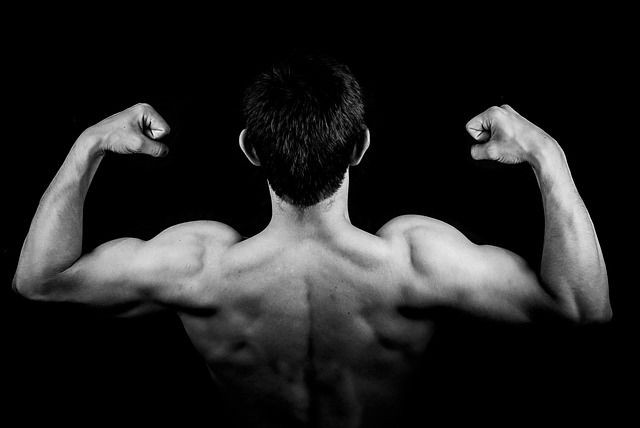Why Your Muscles Are Sore After Exercise, And What To Do About It

Are your muscles trying to tell you something?
A new study from researchers at the University of Queensland has found that muscles actually have a protective mechanism that stops people from further damaging their tissues in the days after exercise, according to a press release from the institution.
Researchers tested human muscle fibers 24 and 48 hours after exercising. These thigh biopsies were taken throughout three points in an exercise cycle and revealed that the muscle membrane system has the potential to change structure dramatically. When a person exercises harder than usual, or for the first time in a while, calcium levels rise, and this can cause damage to muscles. However, tiny pockets inside muscle fibers, called vacuoles, absorb the calcium, and reduce the potential for harm.
This is the first time that scientists have become aware of the unique muscle mechanism, according to the release.
"The soreness a person feels is the body saying it is fatigued, that the muscles are vulnerable, and it's time to rest,” explained researcher Dr. Bradley Launikonis.
There are many remedies for sore muscles, which are unique to each person’s body. According to Active, stretching — like practicing yoga or pilates — before your muscles stiffen can help prevent soreness. Greatist reported that eating protein before and after a workout can also be effective for preventing soreness.
Read: Working Out At The Gym May 'Give' You Small Muscles: How Body Dysmorphia Manifests In The Brain
After a workout, a cold bath can do wonders for sore muscles. Additionally, drink lots of water or splurge on a much-deserved massage.
Source: Cully TR, Murphy RM. Roberts L, Raastad T, Fassett RG, Coombes JS, et al. Human skeletal muscle plasmalemma alters its structure to change its Ca2+-handling following heavy-load resistance exercise. Nature Communications. 2017.
See Also:
Herpes Symptoms In Women: Common Signs Include Fever, Headache, And Painful Sore



























